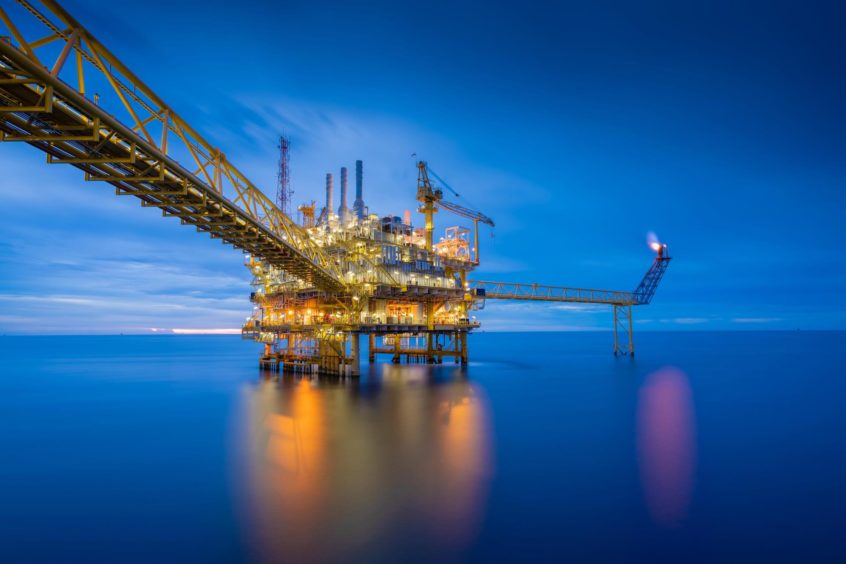
Energy firms have learned to adjust to the “certainty of uncertainty”, according to a new study.
The World Energy Council’s latest Covid-19 survey shows that less than a third of companies are currently experiencing significant disruption as a result of the pandemic.
That’s a decrease of around half based on the figures recorded in April 2020.
The percentage of firms reporting a “slight impact” to their operations rose marginally, compared to last year.
Energy Voice has seen the preliminary results of the global forum’s survey, which includes responses from more than 230 companies across 6 regions and 57 countries.
Dr Angela Wilkinson, Secretary General of the World Energy Council, said the study provides a “quick pulse” of current attitudes and trends currently felt in the industry.
She added: “We’re seeing that people have learned to operate through this crisis – there’s a little bit more certainty about uncertainty.
“That’s a relief because before, everyone wanted to become certain as quickly as possible. Organisations are still being affected but it’s not creating as much panic because we’re learning to navigate through the indecision. It’s still not clear what the outcome is going to be but we’re managing.”
A significant driver in firms’ improved outlook is the prospect of increased demand for energy as lockdowns begin to lift across the world.
There have been tentative whispers of oil returning to the dizzying heights of $100 a barrel in the not too distant future, aided by OPEC+ production cuts and dwindling investment.
Dr Wilkinson said: “Significant disruption is less in the oil and gas sector because there’s a retightening in oil demand and upward pressure on prices.
“Our survey shows people expect some permanent disruption but, globally, we expect there to be a return to demand growth in oil and gas, at least for the foreseeable future.”
Other key findings include the view from firms that “insufficient behavioural changes” are the biggest barrier to hitting the Paris Agreement.
A lack of government incentives and poorly defined energy policy were second and third respectively.
The majority of respondents also indicated that a significant gap exists between the current role of consumers in energy systems and what is needed to successfully recover from Covid-19.
Dr Wilkinson said: “It sometimes seems that that the only way to think about energy demand is to project it forward, assuming behaviours don’t need to change, and then work out the economics. I don’t think that’s possible.
“The only way to do it is to activate the pull of society and for that we need customers that understand the choices they’re making, the costs they’re going to face and are going to be able to pay for them.
“The pace of transition isn’t determined by the accelerated rate of technological innovation but by the ability of people to change their behaviours. We live in a society where responsibilities are distributed across people, governments and businesses and, at the moment, that’s not being discussed with regards to the energy transition.”
Recommended for you

